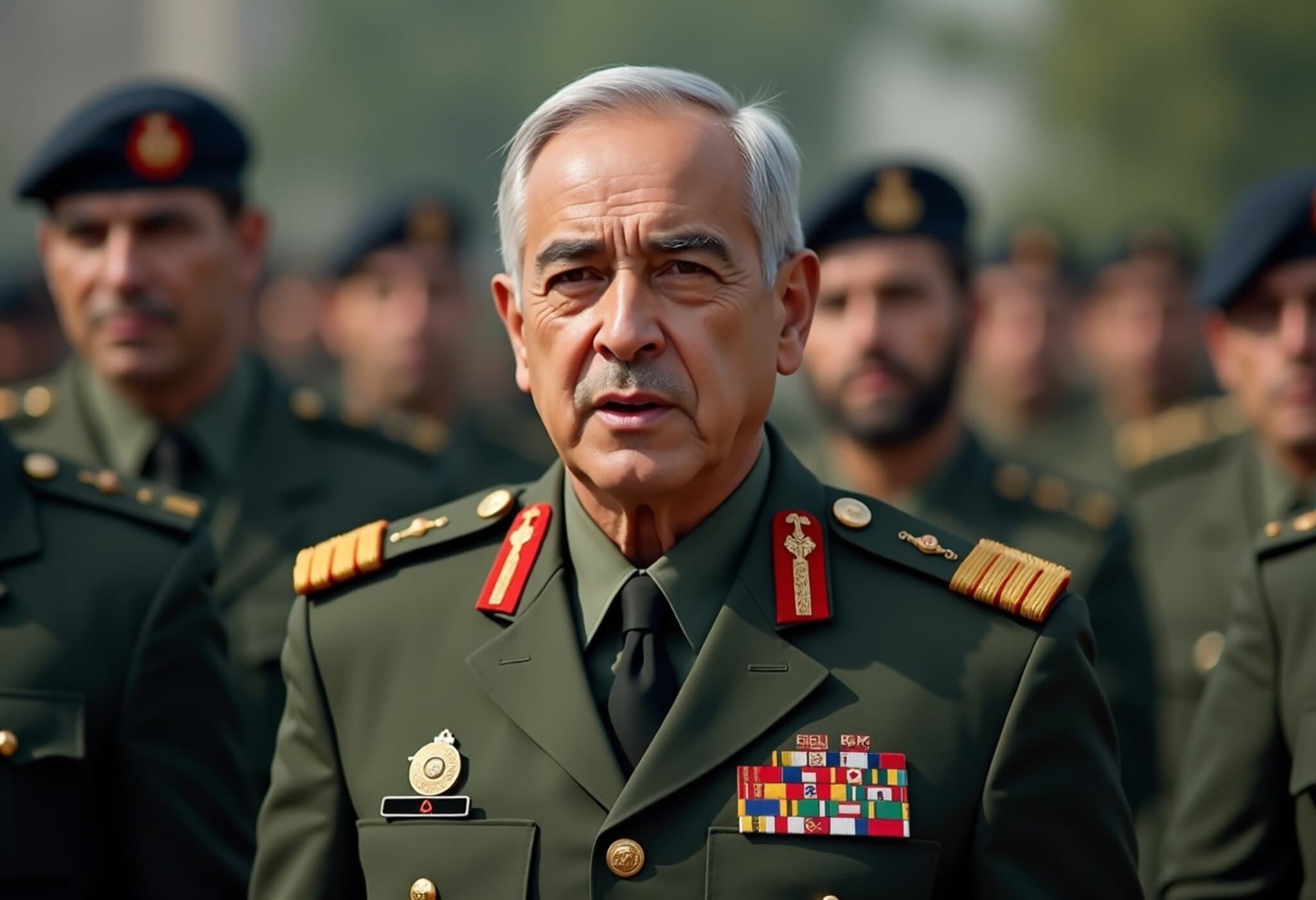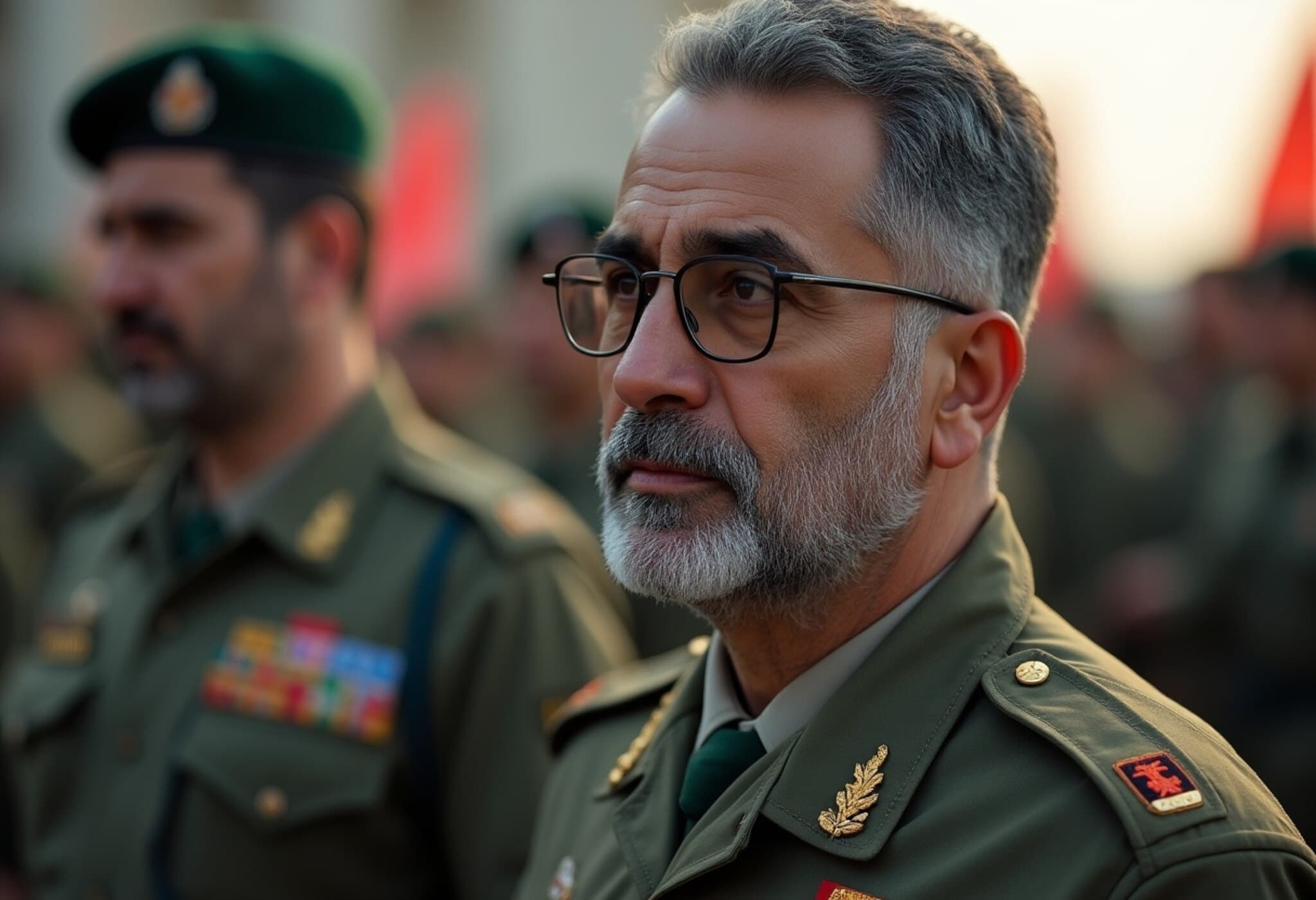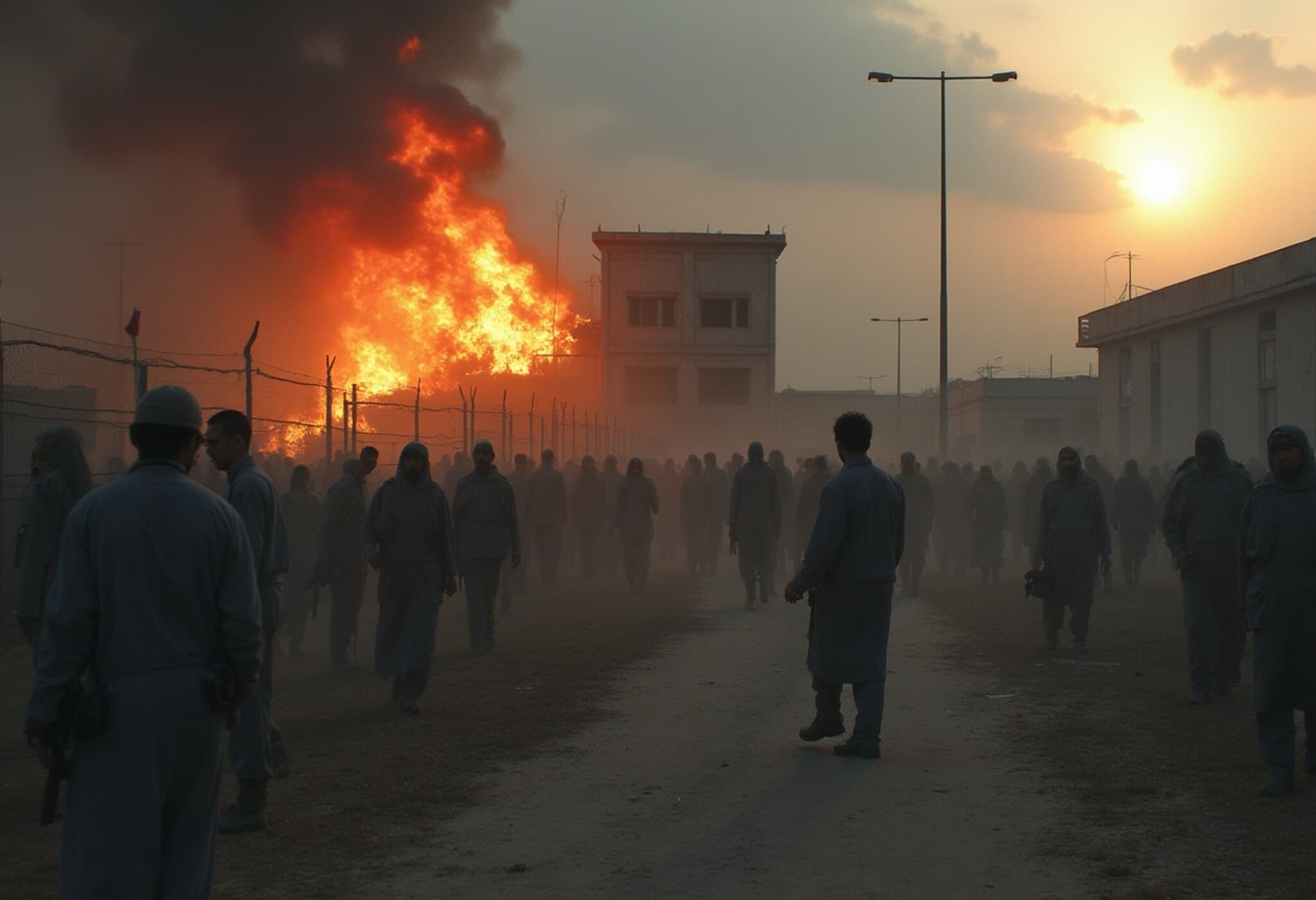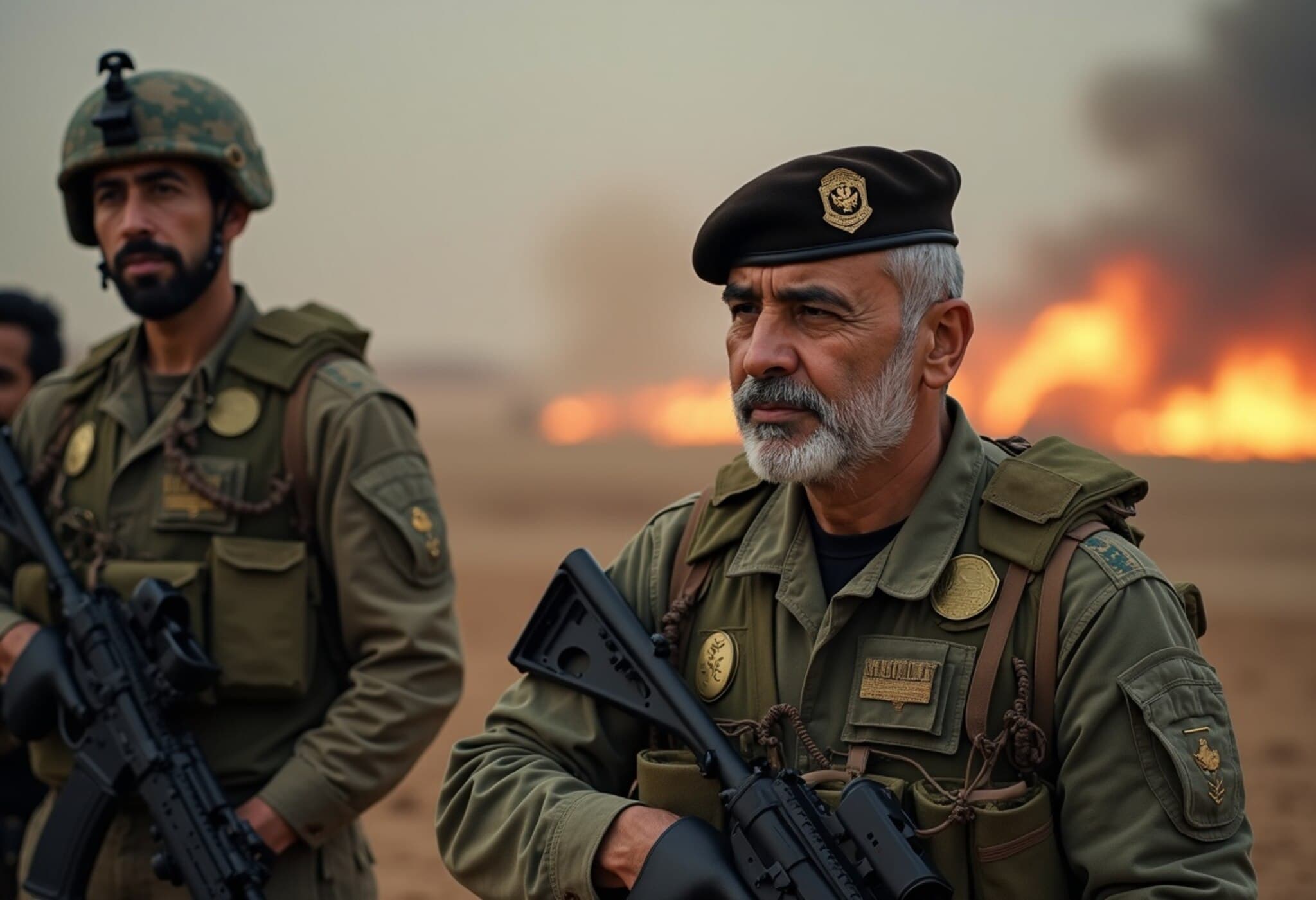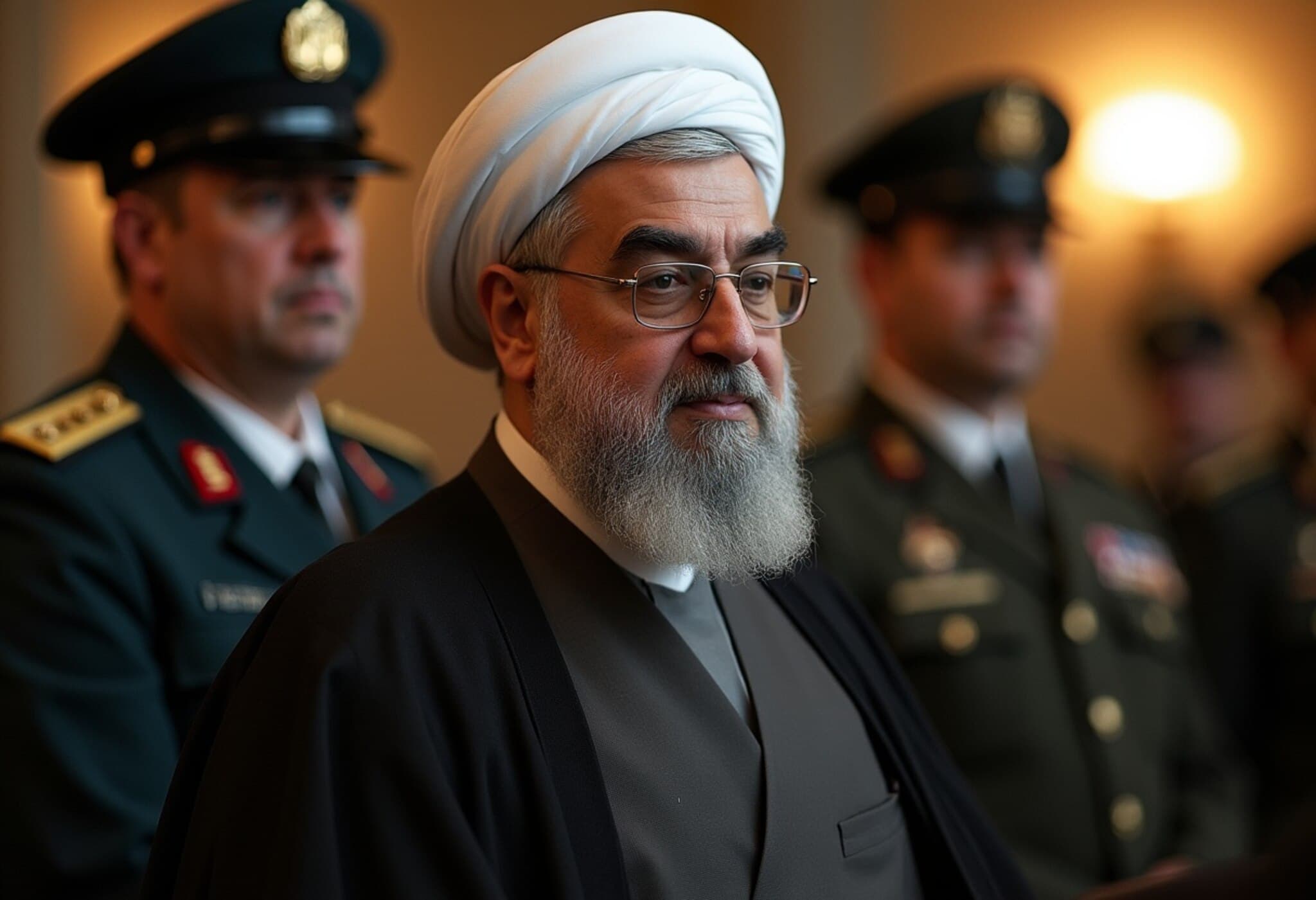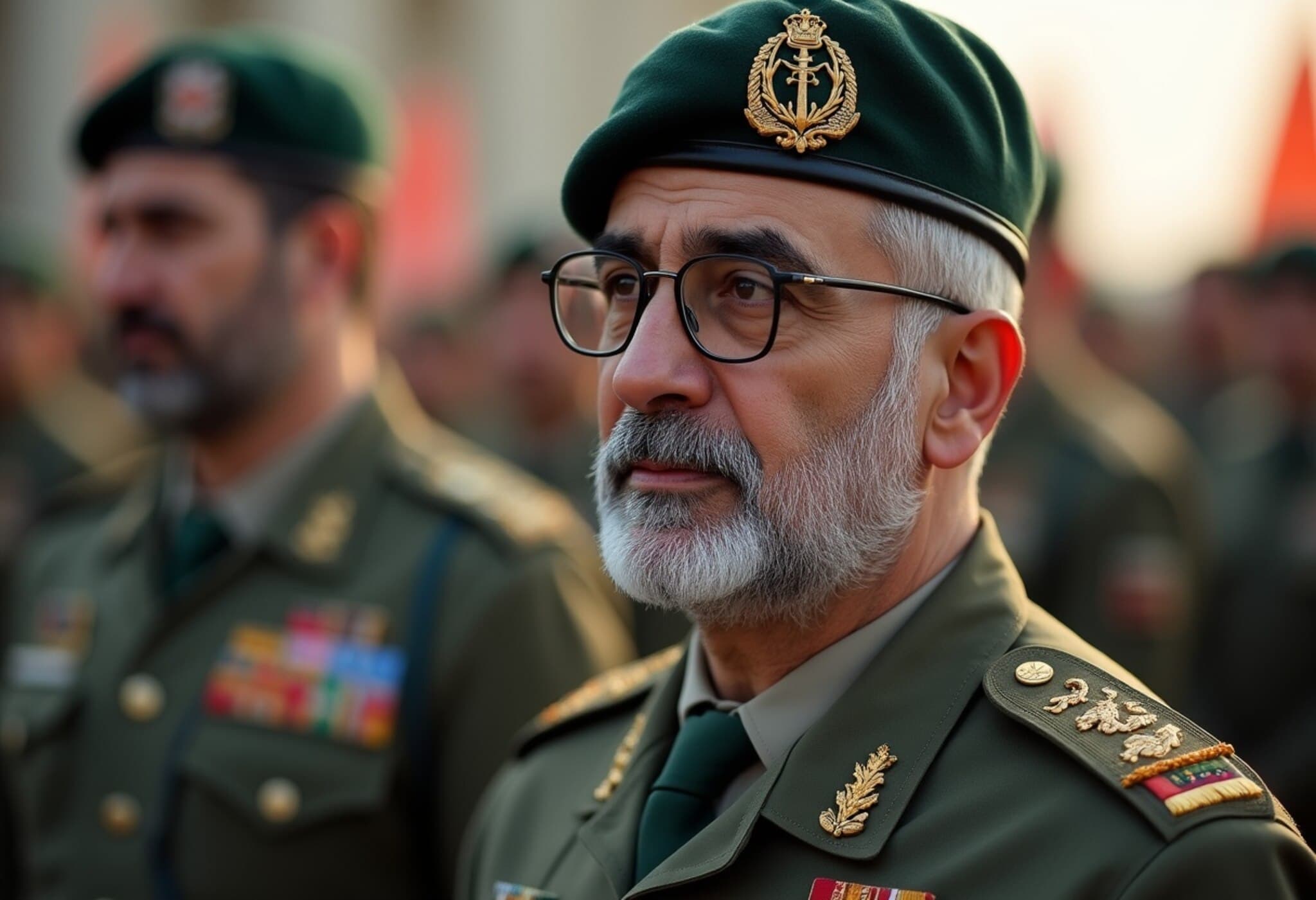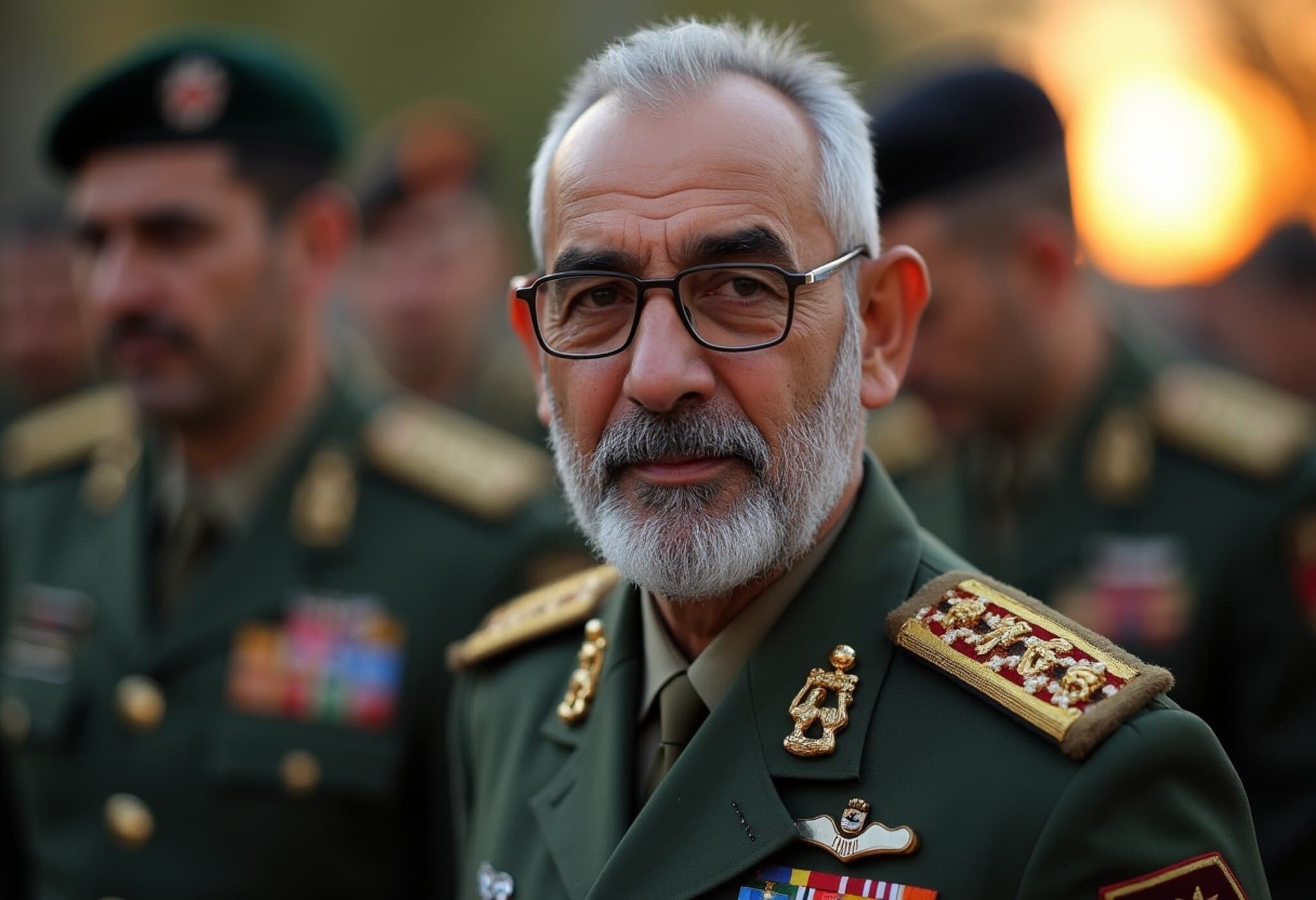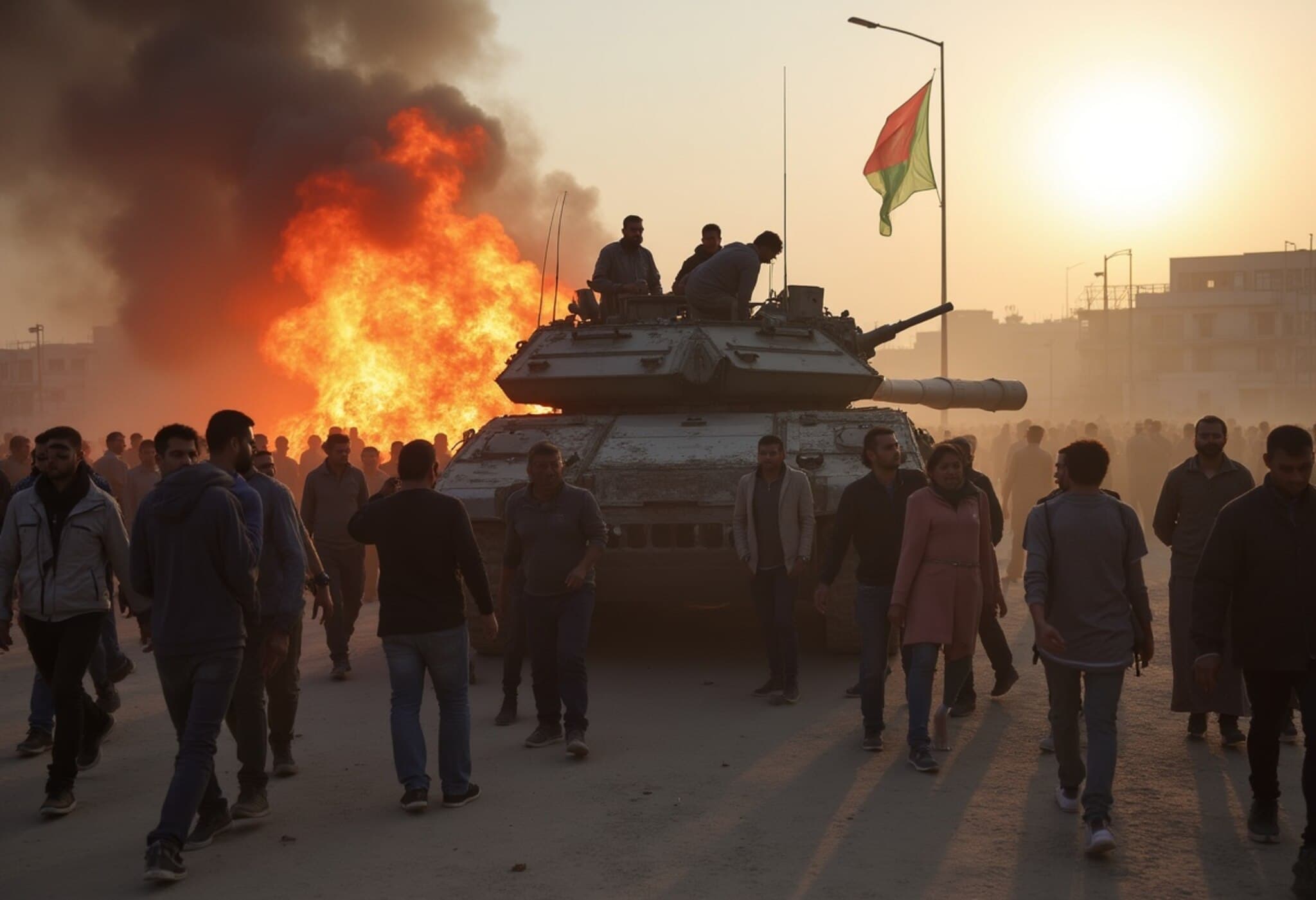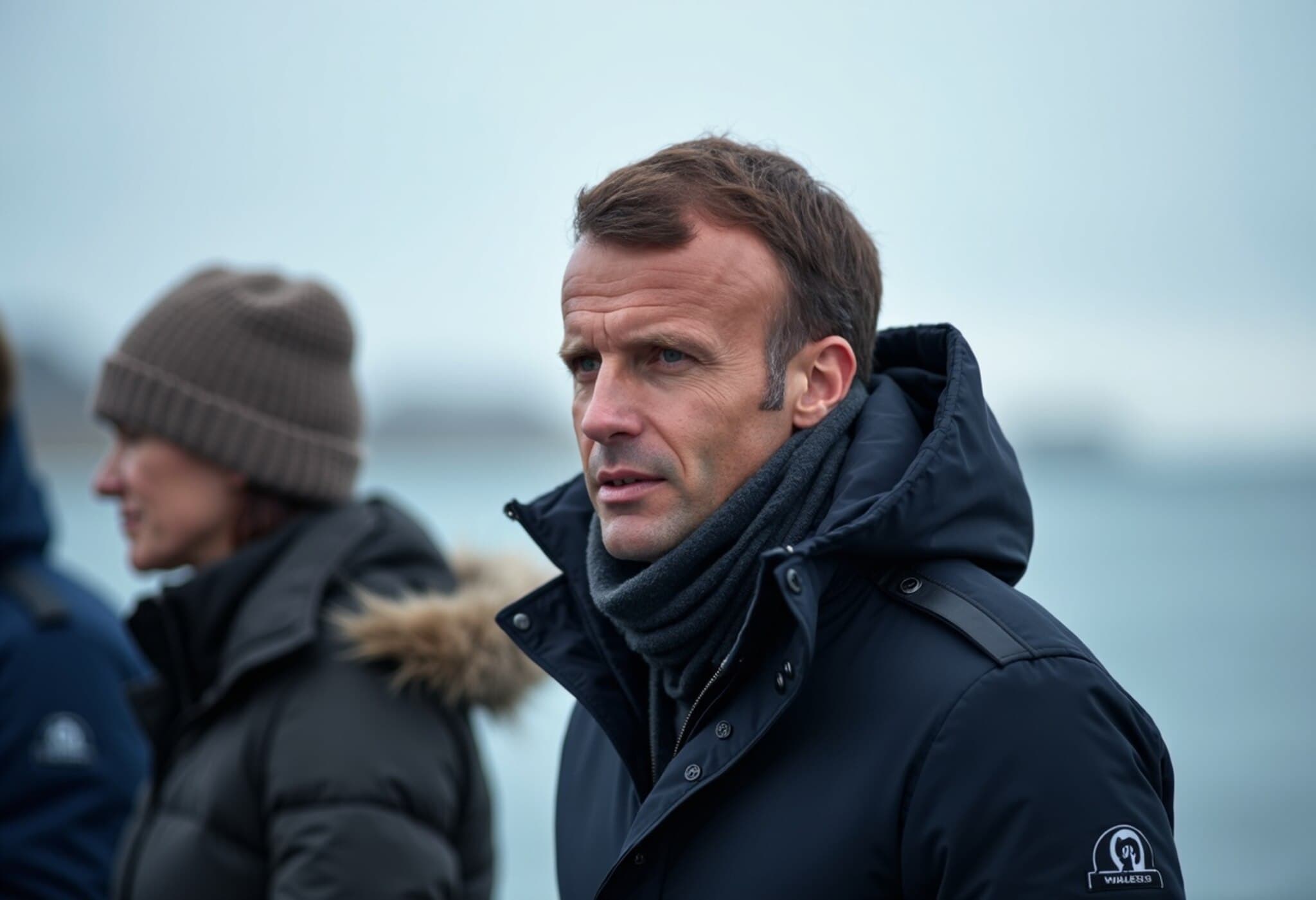Israeli Airstrike Targets IRGC Intelligence Leadership in Tehran
In a significant escalation, Israeli forces conducted an airstrike in Tehran that resulted in the deaths of Brigadier General Mohammad Kazemi, the intelligence chief of Iran's Islamic Revolutionary Guard Corps (IRGC), along with his deputy, General Hassan Mohaqiq. The operation was confirmed by Israel's Prime Minister Benjamin Netanyahu, who highlighted the precision of the strike during a recent interview.
Iran Confirms the Loss of Three Senior Intelligence Generals
Iran's official channels acknowledged the assassinations, describing the slain officers as martyrs. Alongside Kazemi and Mohaqiq, another top intelligence general, Mohsen Bagheri, was also reported killed in the attack. Iran's Revolutionary Guards issued a statement confirming these high-profile losses, marking a rare admission of successful foreign strikes within the capital.
Political Implications and Regional Fallout
Prime Minister Netanyahu suggested that these targeted killings could weaken the Iranian regime, stating that the instability caused might even lead to broader political consequences. The airstrike has undoubtedly intensified regional tensions, with many watching closely for Iran's response amid an already volatile security environment.
What This Means for Middle Eastern Stability
- The elimination of top IRGC intelligence officials may disrupt Iran’s strategic operations in the near term.
- This act represents a bold move by Israel, indicating a willingness to escalate covert actions within Iranian territory.
- Heightened risk of retaliatory attacks or countermeasures from Iran’s side could destabilize the region further.
Looking Ahead
As developments continue to unfold, the international community is compelled to monitor the rapidly evolving situation. The incident underscores the deepening conflict in the Middle East and the complex web of intelligence and military operations shaping its future.

